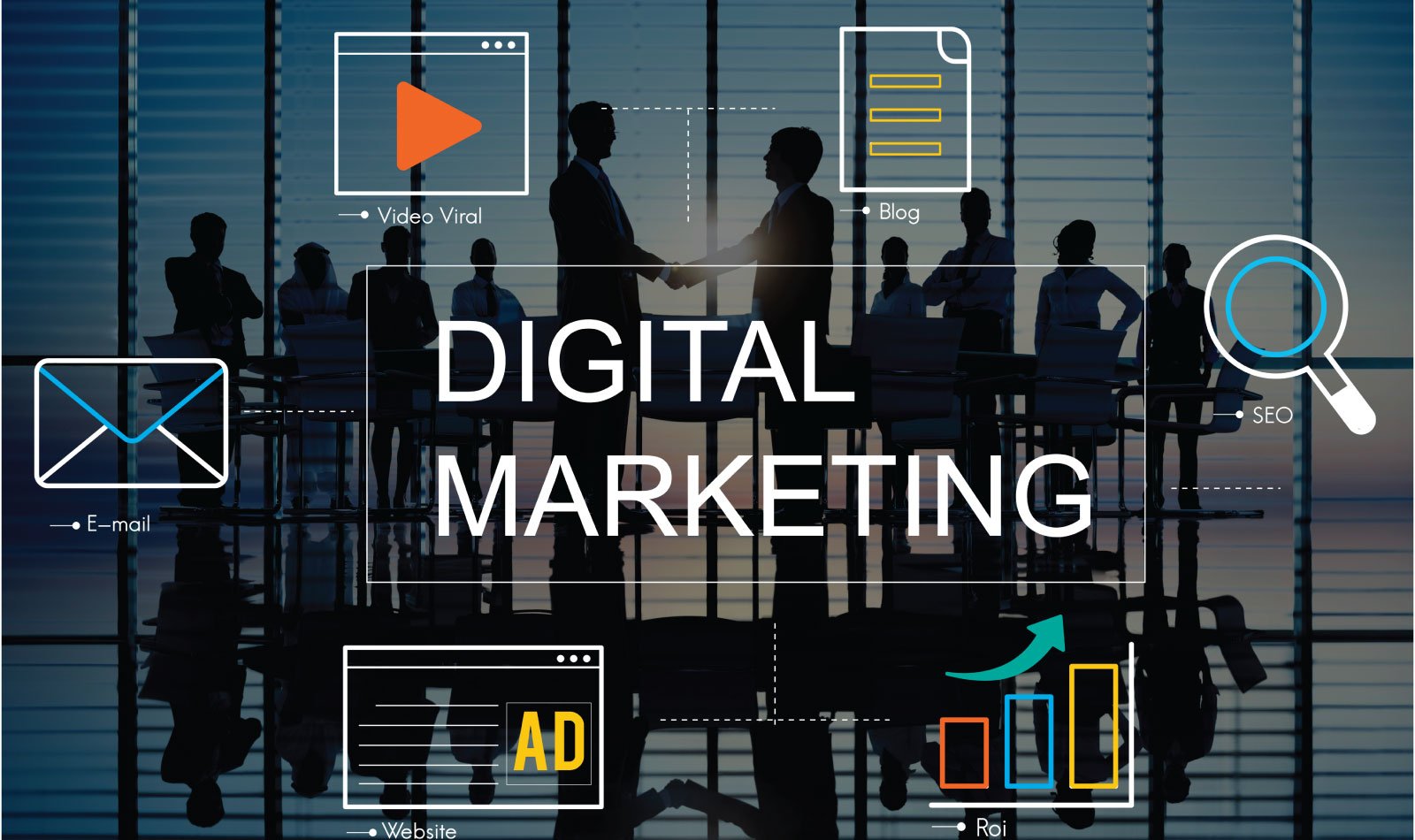5 Important Digital Marketing Channels For Your Business Growth
 In today’s competitive business environment, having a strong digital presence is no longer optional—it’s essential. Businesses of all sizes must engage their target audience online to remain relevant, grow revenue, and build brand loyalty. But with so many tools and platforms available, it can be overwhelming to know where to focus your efforts. Understanding the 5 Important Digital Marketing Channels For Your Business Growth can help streamline your strategy and maximize results.
This guide explores the most effective channels, how they work, and why they are critical for sustainable growth.
In today’s competitive business environment, having a strong digital presence is no longer optional—it’s essential. Businesses of all sizes must engage their target audience online to remain relevant, grow revenue, and build brand loyalty. But with so many tools and platforms available, it can be overwhelming to know where to focus your efforts. Understanding the 5 Important Digital Marketing Channels For Your Business Growth can help streamline your strategy and maximize results.
This guide explores the most effective channels, how they work, and why they are critical for sustainable growth.
1. Search Engine Optimization (SEO)
Search Engine Optimization (SEO) is the process of optimizing your website and content to rank higher on search engine results pages (SERPs). Organic traffic remains one of the most valuable sources for long-term growth because it targets users actively searching for products or services like yours.Why SEO Matters
- Drives high-intent traffic
- Improves brand visibility and credibility
- Reduces reliance on paid advertising
- Increases long-term ROI
Key SEO Strategies
- Optimize on-page elements like meta titles, headings, and alt tags
- Build quality backlinks for authority
- Create high-quality content targeting relevant keywords
- Ensure technical SEO aspects like site speed, mobile responsiveness, and indexing
2. Social Media Marketing
Social media platforms like Facebook, Instagram, LinkedIn, and Twitter allow brands to engage directly with their audience. Social media marketing is more than posting content; it’s about creating a two-way conversation that builds relationships.Why Social Media Marketing Matters
- Increases brand awareness
- Drives traffic to your website
- Builds community and loyalty
- Provides valuable customer insights
Effective Social Media Tactics
- Share engaging and valuable content tailored to your audience
- Use paid social ads to expand reach
- Respond to comments and messages promptly
- Collaborate with influencers or industry partners
3. Email Marketing
Despite the rise of social media, email marketing remains a highly effective digital marketing channel. Personalized emails allow you to nurture leads, engage existing customers, and drive conversions.Why Email Marketing Matters
- Direct communication with your target audience
- High ROI compared to other channels
- Ability to segment and personalize messages
- Supports customer retention and loyalty
Email Marketing Strategies
- Send welcome emails to new subscribers
- Use behavioral triggers for cart abandonment, product recommendations, or special offers
- Segment your email list based on demographics, purchase history, or engagement
- Track open rates, click-through rates, and conversions to refine campaigns
4. Pay-Per-Click Advertising (PPC)
Pay-Per-Click (PPC) advertising is a paid strategy where businesses pay for each click on their ads. Platforms like Google Ads, Bing Ads, and social media ads enable precise targeting to reach potential customers instantly.Why PPC Matters
- Immediate visibility in search results
- Highly targeted campaigns based on keywords, location, and demographics
- Easy to measure ROI and performance
- Complements organic strategies like SEO
Effective PPC Tactics
- Conduct thorough keyword research to target high-intent searches
- Optimize ad copy and landing pages for conversions
- Use retargeting campaigns to reach previous visitors
- Monitor and adjust campaigns based on analytics and metrics
5. Content Marketing
Content marketing focuses on creating and distributing valuable content to attract, engage, and retain an audience. Unlike paid campaigns, content marketing builds trust and positions your brand as a thought leader over time.Why Content Marketing Matters
- Educates and informs your audience
- Supports SEO and social media efforts
- Builds long-term brand authority
- Generates organic traffic and leads
Effective Content Marketing Strategies
- Write blogs and articles targeting relevant keywords
- Produce videos, infographics, and podcasts
- Offer ebooks, guides, or webinars for lead generation
- Promote content across social media, email, and third-party platforms






